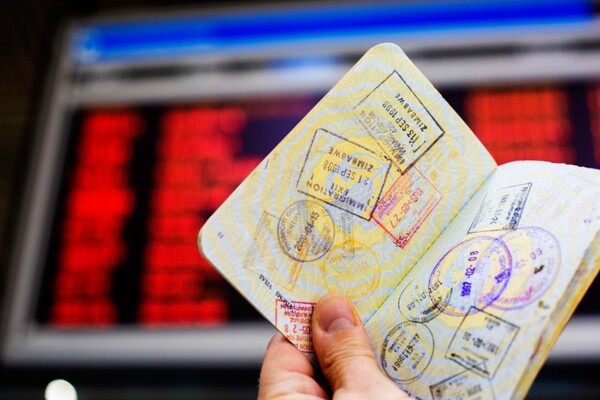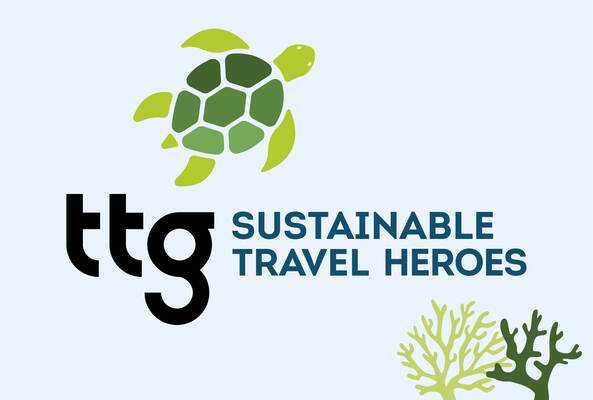Updated: EU reportedly ready to delay new biometric border rules again
 Ilaria Grasso Macola
Ilaria Grasso MacolaThe EU is reportedly ready to delayed the launch of its proposed new biometric border controls again following reports several EU member states have told the bloc they’re not ready to implement the measures, although the UK’s international rail operators have told TTG they are continuing to work to the proposed mid-November start date.
The Guardian reports France, Germany and the Netherlands have all written to EU home affairs commissioner Ylva Johansson telling her they won’t meet the November target to implement the EU Entry-Exit System (EES).
According to the paper, the three countries have raised concerns about a lack of testing of the new IT systems needed to administer the biometric border checks, which the European Commission in July said would come into force on 10 November after years of delays.
The commission has reportedly been asked to consider a softer launch to avoid delays and congestion, said The Guardian, citing "multiple sources".
Travel’s race against time to get ready for new EU border rules
Earlier this year, the UK’s immigration minister Seema Malhotra told MPs a transitional period could last more than six months, something Abta chief executive Mark Tanzer has also called for.
The Guardian further reports UK transport operators were last week told by government officials to expect further delays to the roll-out. The Home Office declined to comment when approached by TTG on Tuesday (17 September).
A Eurostar spokesperson said: "We are working closely with the authorities in the UK and EU member states, as well as with our stations, to prepare for the arrival of EES. Although the EU hasn’t confirmed a date change, Eurostar is continuing to work towards the 10th of November and will be ready for that date.”
A Eurotunnel spokesperson added: "While the EU have not confirmed a delay to the introduction of EES, Eurotunnel’s investment and preparation will ensure that we are ready for the 10 November as planned."
TTG has also approached the European Commission and the Port of Dover for their response to the reports.
The EES will take the form of an automated IT system. Travellers crossing into the EU from non-EU countries, such as the UK, will have to submit to biometric checks – facial images and finger prints – when they cross external Schengen borders.
These biometrics will be kept on file for three years and will replace passport stamping. Checks will take place in the UK at sea ports like Dover, and international rail ports, such as London St Pancras International (for Eurostar) and Folkestone (for Eurotunnel). Checks for air travellers will take place at their EU arrival airport.
One source cited by The Guardian said UK ports should have the freedom to freeze the "time-consuming" checks if they see queues developing "to manage congestion".
Another said a lack of live testing was an issue. “Every single border into the Schengen area will have to operate this," they told the paper. "You just cannot do this in a big bang.”

Over the past few months, concerns have been raised about the lack of preparedness in both the UK and the EU for the roll-out of EES.
In late-July, Malhotra said the previous Conservative administration hadn’t done enough to get the country ready for EES and that she personally was not "content" with preparations.
In response, the new Labour government last month pledged £10.5 million to smooth the transition – committing £3.5 million each to the Port of Dover, Eurostar and Eurotunnel.
Meanwhile, Iata Europe regional head Rafael Schvartzman told The Telegraph in early July there were “critical unresolved items” at EU airports that needed fixing before the system could be rolled out across the bloc.
“The industry is concerned there are critical unresolved items which will require urgent and coordinated action from both the EU and member states prior to its implementation,” he said.
The roll-out of the EES is fundamental to the EU’s plans to launch a €7 (£6) US Esta-style visa waiver next year, known as Etias.
The UK is currently in the process of launching its own like regime, the Electronic Travel Authorisation, which will cost £10 and take full effect from the start of April next year.
Sign up for weekday travel news and analysis straight to your inbox

Ilaria Grasso Macola
Supplier Directory
Find contacts for 260+ travel suppliers. Type name, company or destination.















